Should Irish Companies Move Their Cash Abroad?
29.08.24
Exploring the Potential Benefits of Higher Overseas Deposit Rates
As global interest rates have shifted dramatically in recent years, Irish companies are now facing a critical question: should they consider moving their cash reserves abroad to take advantage of higher deposit rates? As an Alternatives Investment Specialist, Elkstone is advocating for this strategy, encouraging its clients to seek out better returns on their deposits through international banks. But with domestic banks like Bank of Ireland, Permanent TSB, and AIB insisting that their rates remain competitive, the decision is not straightforward. In this blog, we’ll explore the factors that Irish companies should consider when evaluating whether to shift their cash piles overseas.
The Rise of Interest Rates: A New Landscape for Cash Management
In the wake of the 2008 financial crisis, central banks across the world slashed interest rates to near-zero levels in a bid to stimulate struggling economies. For almost a decade, these low rates remained the norm, making cash and cash equivalents a less attractive asset class. However, 2022 marked a turning point as central banks began raising interest rates to combat soaring inflation. This shift has dramatically altered the business landscape, particularly for companies with significant cash reserves.
Higher interest rates have opened up new opportunities for businesses to generate returns on their deposits. According to Karl Rogers, Chief Investment Officer at Elkstone, the renewed relevance of cash as an asset class presents a unique chance for companies to boost their bottom line. “All of a sudden, it becomes interesting again, and material for companies as well,” Rogers says.
The Overseas Advantage: Higher Rates and Risk Management
Elkstone has responded to this new environment by prioritizing cash management in its services. We have established a panel of 11 banks outside of Ireland, offering our clients access to significantly higher deposit rates than those available domestically. The spread between Irish and international rates can range from 1.5% to 3%, depending on the product, which could translate into substantial gains for businesses willing to move their funds abroad.
For example, while Irish banks may offer around 1.5% on a six-month fixed-term deposit, some overseas institutions are offering as much as 3.6% for the same product. This difference becomes less pronounced with longer terms, but the potential for higher returns remains clear.
Beyond the higher returns, spreading deposits across multiple international banks also serves as a risk management strategy. Recent economic shocks, such as the collapse of Silicon Valley Bank, have underscored the importance of safeguarding corporate cash reserves. Diversifying deposits across a range of stable banks, particularly those in the UK and Europe, can help protect against unforeseen financial crises.
The Domestic Perspective: Are Irish Banks Still Competitive?
Irish banks, however, argue that their deposit rates are not as uncompetitive as they may seem. AIB, for instance, notes that corporate deposit rates are typically negotiated on a case-by-case basis, taking into account factors like the term length and the amount on deposit. Similarly, Permanent TSB has made several enhancements to its business deposit offerings, now paying up to 2.75% on certain products.
Bank of Ireland has also stepped up its game, introducing new fixed-term deposit accounts with rates as high as 3% for two-year terms. These improvements suggest that while Irish rates may not always match their international counterparts, they are evolving in response to the changing financial landscape.
Strategic Considerations: Is Moving Cash Abroad the Right Move?
For Irish companies, the decision to move cash abroad should be based on a careful assessment of their specific needs and circumstances. Not all businesses are in a position to benefit from higher international rates. Early-stage companies with high cash burn rates, for example, may prioritize liquidity over returns, making them less likely to shift funds abroad.
On the other hand, more established companies with larger, more stable cash reserves might find the overseas option attractive. As Elkstone points out, generating revenue from a finance department is a rare opportunity, and accessing higher deposit rates could be the “lowest hanging fruit” for boosting a company’s bottom line.
The Future of Irish Cash Management
If a significant number of Irish companies begin moving their deposits overseas, it could pressure domestic banks to raise their rates to remain competitive. This potential shift highlights the importance of staying informed about global financial trends and being proactive in cash management strategies.
Ultimately, while Irish companies must weigh the risks and benefits of moving cash abroad, the opportunity to enhance returns through higher international deposit rates presents a compelling option in today’s financial environment. Whether or not this strategy becomes widespread, it is clear that the landscape of cash management has fundamentally changed, and companies must adapt to stay ahead.
Elkstone’s Chief Investment Officer, Karl Rogers recently spoke about this topic with Michael Cogley, London Editor with The Currency
About Karl Rogers, Chief Investment Office, Elkstone.
Karl leads the firm’s Alternative Investment Platform. Within this, he leads the Investment Portfolio for PIO & Access clients, the PIO Wealth Management Framework and runs the Elkstone Alternative Fund.
Karl brings a wealth of experience and expertise as a former Hedge Fund Manager and Head of Trading where he specialised in in-efficient commodity markets. Karl is a published expert in investment, trading, hedge funds and alternative investment strategies globally, featuring in the Wall Street Journal, Financial Times, Bloomberg and Forbes. Additionally, Karl speaks regularly at global Alternative and Hedge Fund conferences with iConnections, Context and Pension Bridge Hedge.
Send Karl an email or connect with him on LinkedIn.

